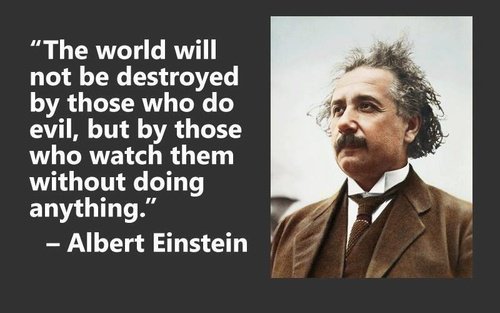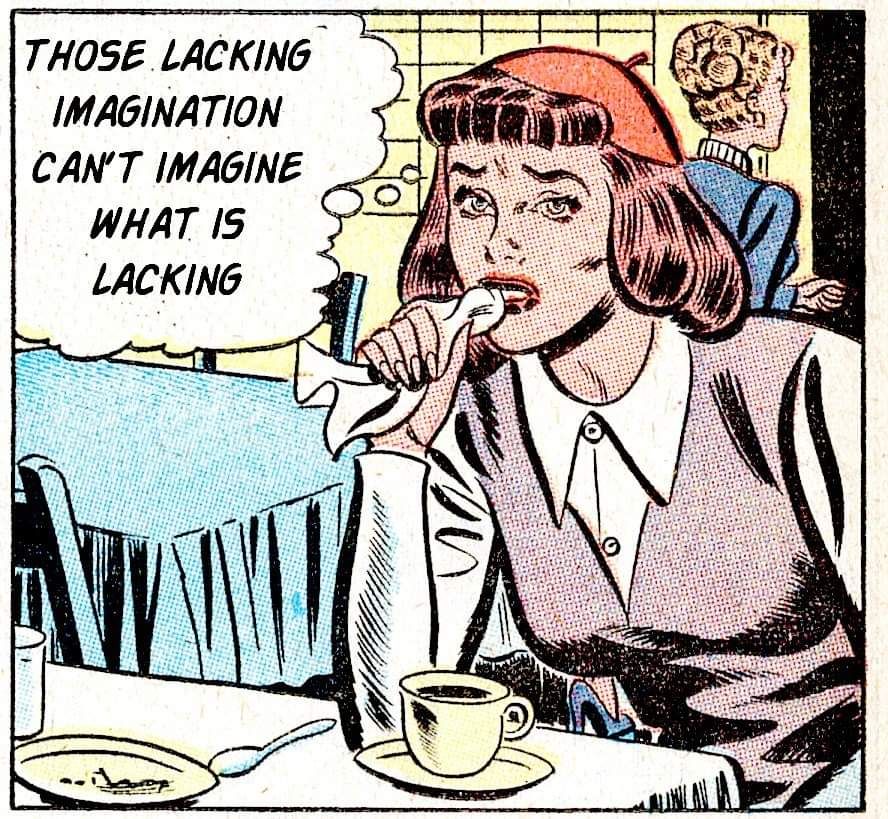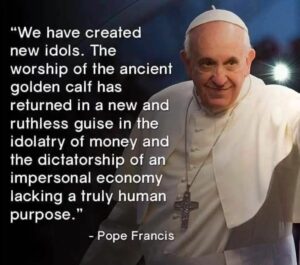
There is a widespread deep frustration with #mainstreaming culture strong pushing of the wrong people and prioritizing misguided actions in the worship of the #deathcult paths. How can we “think better” beyond the traps of the current “common sense” socio-political mess.
- The scum rises, in #mainstreaming culture, those who conform to the system, rather than challenge it, to often are pushed to the top. This creates a cycle where meaningful change is stifled by mediocrity and #stupidindividualism opportunism.
- Grassroots value, social progress, has historically emerged from the #grassroots. By using this #KISS steps we move away from the toxic #mainstreaming, and we refocus on nurturing these sources of value.
- The wrong thing gets done, funders and institutional forces push agendas that diverge from grassroots needs, resulting in projects that perpetuate the status quo. This #blocks any real hope of change or challenge.
- Paralysis of choice, the perceived lack of viable options (e.g., “you have no choice but to do the wrong thing”) leads to a sense of helplessness and frustration.
If we can take, some time, a breath to think better, we need to be on paths that reject the foundations of the current #mainstreaming while building more collective, focused and actions. Let’s look at some broad outline we could take:
- Anarchist paths focus on horizontal organization, mutual aid, and direct action. Strengths: Empowers communities, resists hierarchy, and builds autonomy. Weaknesses: Often struggles with long-term scalability and coordination.
- Trotskyist/Stalinist paths centralized control with a focus on revolutionary goals and structural transformation. Strengths: Can mobilize large-scale change and challenge systemic power structures. Weaknesses: builds authoritarianism, co-option, and detachment from any real grassroots needs.
- Liberal paths lead to incremental reforms within existing systems. Strengths: Pragmatic and accessible, with a focus on policy and advocacy. Weaknesses: Co-opted by #mainstreaming agendas, leading to only superficial solutions.
With these options in mind let’s look at the #4opens approach, it is permissionless to sidestep these systemic failures, yes it aligns with anarchist values of autonomy while addressing their scalability challenges through technical structured openness and federation. It has some practical steps to nurture grassroots power: Step away from toxicity, recognize when systems and (stupid)individuals perpetuate harm, and refocus energy on constructive grassroots work.
The working path is about muddle through together, embracing imperfection and collective experimentation. Mistakes are inevitable, but progress emerges from the process. A first important step is to push back against #NGO funders’ agendas, build alternative funding models (e.g., community support, cooperative economies) to reduce reliance on these ways too often damaging top-down directives. Focusing on trust networks, investing in relationships and trust-building at the grassroots level. Trust is the antidote to the cynicism of #mainstreaming.
This is about holding space for uncomfortable conversations, leaning into the discomfort of challenging entrenched norms and assumptions within movements. This path of challenge is a very real mess while we’re stuck in a cycle where “the wrong thing” gets done, with the strong pressure from flawed paths. Breaking free is always about stepping away, nurturing #grassroots alternatives, and committing to frameworks like the #4opens that push more collective empowerment over individual gain and #mainstreaming institutional control.
For more of this, a bunch of grump old sods working on the same things seizethemeans and ave your say in the comments please, let’s #KISS link the alt`s as a good first step. The question, we need better answers for, is how do we bring more people into this space of stepping away and creating something better? Currently, yes, it is not very attractive to the #fashernistas




